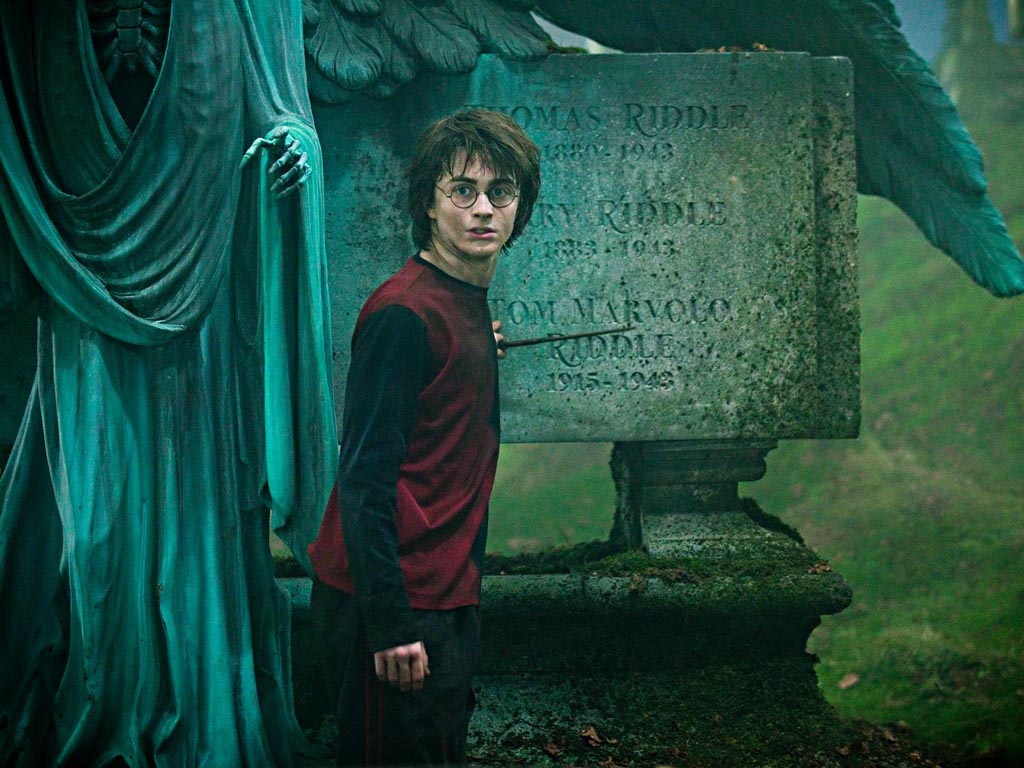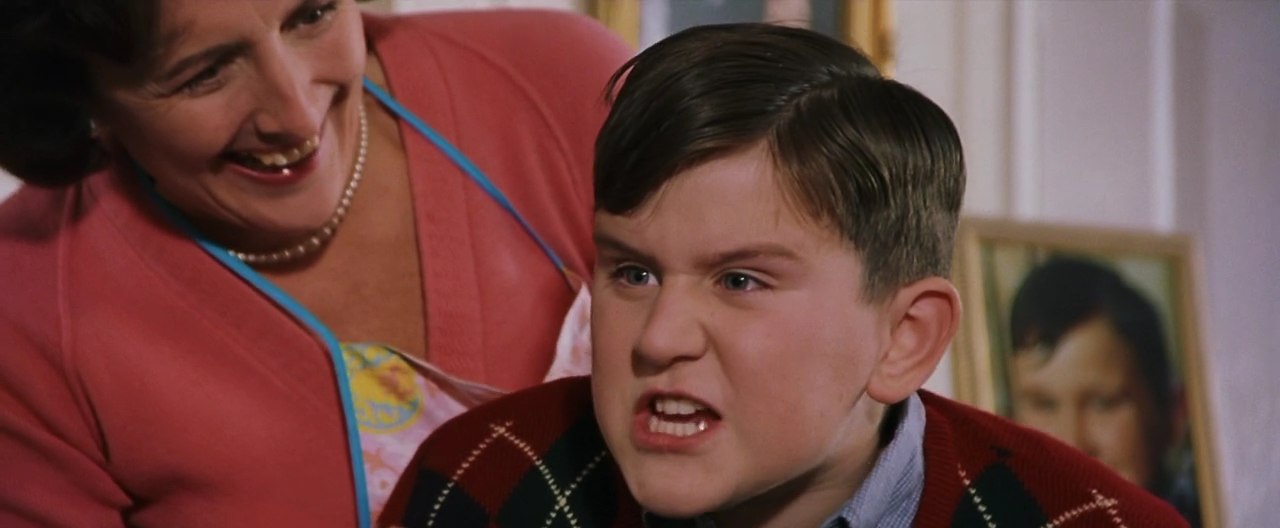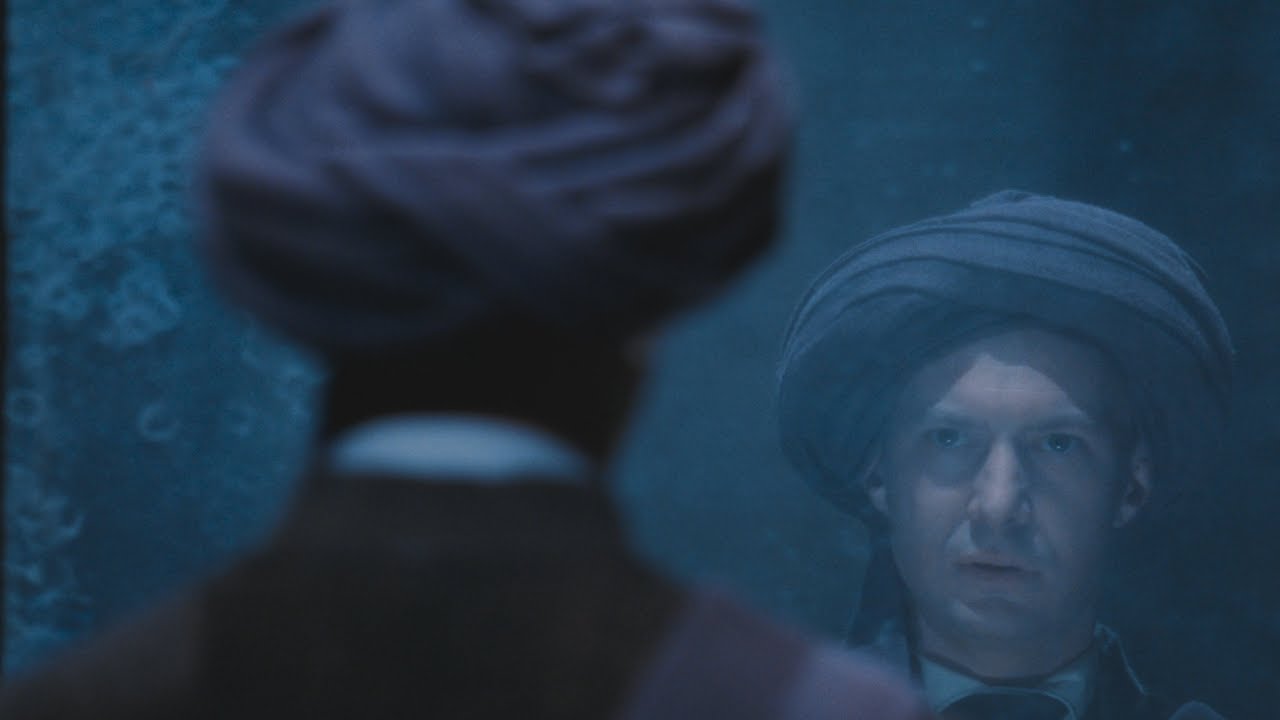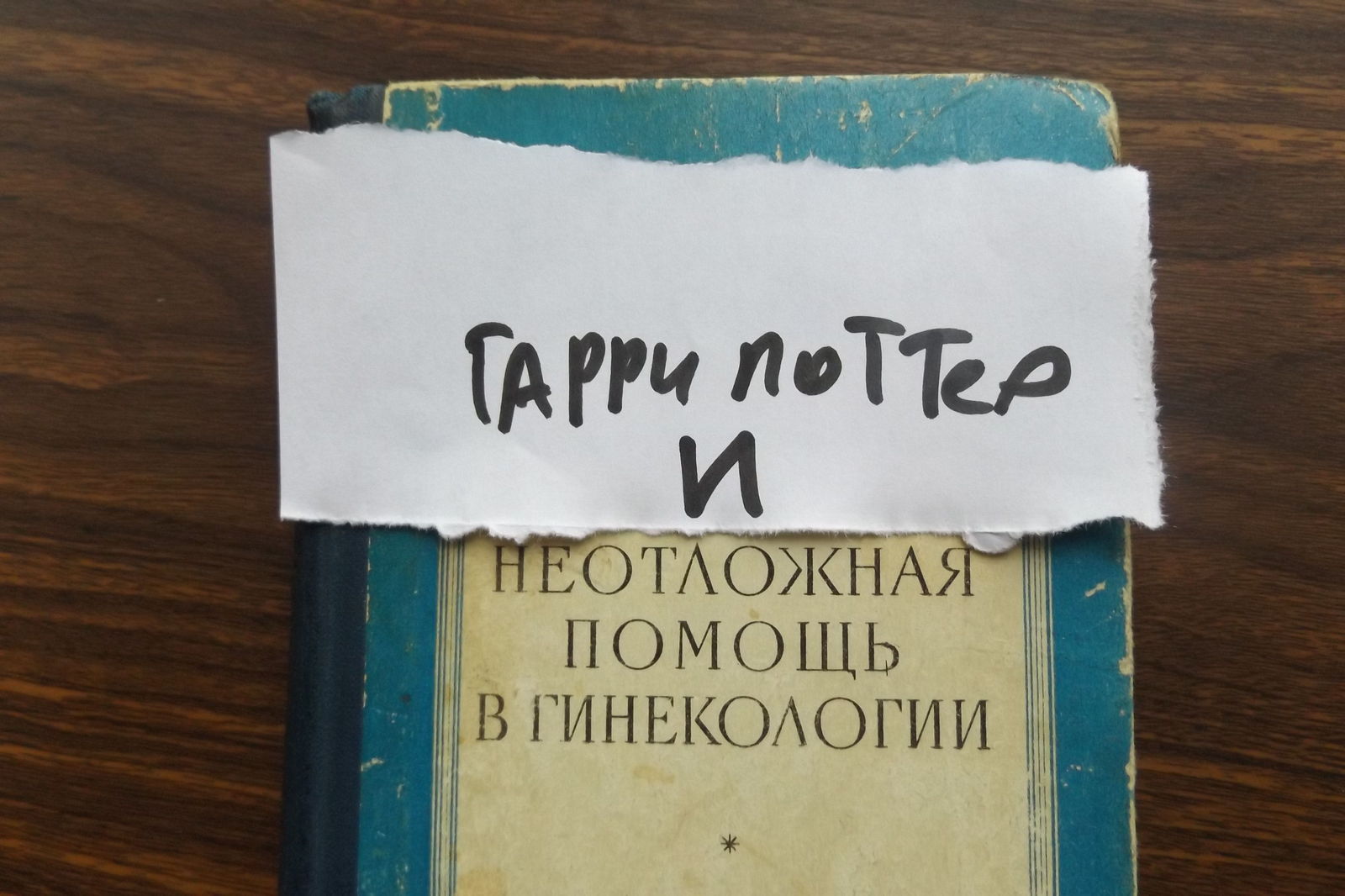Harry Potter and the difficulties of translation: ROSMEN and MAKHAON against the original

The first book about a boy who survived was released in 1997 with a circulation of only 500 copies. According to statistics for 2018, over 500 million Harry Potter books have been sold in the world, which makes this cycle the best-selling in history. And the franchise itself, along with books, movies and plays, made JK Rowling a billionaire.
The Harry Potter series of books has become a real phenomenon. They are translated into 80 languages. We’ll talk about the Harry Potter translations today. About Russian translations. And more specifically, the difficulties of Russian translations.
ROSMEN and MAKHAON: how it was

Before we proceed directly to the analysis of translations, a few words need to be said about them.
In 2000, the right to translate a book into Russian was acquired by the publishing house ROSMEN. It was in the edition of ROSMEN that most of its fans got acquainted with the series. A whole team of specialists translated the Russian book series, but the main work was performed by Marina Litvinova.
In 2013, the right to publish a series of books about Harry Potter in Russian was bought by MAHAON. In this case, the publisher decided to completely update the book - both the cover and the translation.
Let's say right away, both translations have enough oddities and bad decisions. We will try to consider them in detail. However, in order not to stretch the text of the article too much, we will analyze only 2 points: the translation of proper names and the general style.
A bit of theory: how to translate names from English
In everyday life, there is only one rule: proper names are not translated. No
That is, Mr. Brown will remain Mr. Brown, not Mr. Brown. This is all logical and extremely simple.
Difficulties begin when translating works of art, because many names are nominal, carry a meaning or reveal the character of characters more deeply.
When translating works of art, there are 3 basic ways to translate names:
- Transliteration - when the name is transferred to Russian by letter. Harry Potter - Harry Potter.
- Transcription - when the translator recreates in Russian the original sound of the name (or close to the original). Madam Pomfrey - Madame Pomfrey
- Calculating - when the name is divided into separate morphemes and transferred individually. Griphook - Griphook.
The third method is mostly not related to human names. This includes animal names, street names or sights. True, "speaking" names are allowed to be translated by tracing, but this must be done very carefully.
Successful and unsuccessful name translations in “Harry Potter”
We will not consider all the names - there are a lot of characters in the book series. Choose a few of them.


Both translations are not entirely accurate.
With proper transcription, the translation will be Dudley Darsley. Apparently, Marina Litvinova from ROSMEN wanted to emphasize the negative character of the character and the whole Dursley family. Not the worst idea, but a bit redundant.
MAHAON chose the Dudley Dursley option. Also one of the possible. And it also has an emphasis on the negative component of character. In general, both options are not perfect, but acceptable.
And although some say that the ROSMEN version is more harmonious, this is a matter of taste.


The translators of ROSMEN attempted to pokalamburit over the name of the Potions professor. It seems like Severus is hinting at the North, and there is cold and snow. Total - Severus Snegg. Did you get a pun? Not!
Moreover, Rowling herself confirmed that there was no subtext in Snape's last name.
MAHAON as a result, stopped at a transcription - Severus Snape. And this is the best option of all that came across in translations. It just does not need to invent a bicycle.
True, it is worth remembering that initially Maria Spivak wanted to give the character another “speaking” name - Zloteus Zley. Yes, yes, it is Zlotheus Zley. To even the five-year plan, it was clear that the character is evil. Good thing the editors didn't miss it in the official version.
As a result, Severus Snape from MAHONA is ideal, but Severus Snegg from ROSMAN will also come off, albeit with a bang.


The rules of literary translation leave a lot of freedom when working with street names. You can use transcription, translate by meaning or adapt to harmony.
The translation of MAKHAON is more precise in its meaning, because “privet” is exactly the bush of privet. True, we must take into account the fact that not every reader knows what it is.
"Yew Street" refers to the adapted translation. It is not very precise in meaning, but harmonious.
Both options are not bad. Therefore, there are no jambs.


ROSMEN went the easy way and chose a transcribed translation of the name of the professor of defense against evil forces - Professor Quirrell. Well, this is not the worst possible option, although it does not allow to convey the implication of the surname.
MAHAON also had a fantasy that was out of place. After all, the professor bears the proud name of Strauns. It is clear that they wanted to beat the "strange", but it turned out terrible - consonance with the "ostrich" immediately crosses out the depth of the character, who in fact is the main villain of the first book.
Say more, in the original version of MAXHAON, the professor of protection against dark forces in general was Belka. Probably Quirrell seemed to be a translator too much like Squirrel. Because of this, the main villain of the first book almost turned into a comedic character.
Quirrell sounds a lot better than Stones or Squirrel. Therefore, the adaptation of MAKHAON this time failed.
findings
As for proper names, ROSMEN has a slightly better translation quality, but only a little. MAHAONA come across quite good adaptations - the faculty Vranzor (Ravenclaw) or Okayant (Horcrux).
If objectively, then “Dumbledore”, “Voldemort” or “Mugl” were perceived negatively only because the lovers of the saga are already accustomed to the established names and titles. And not because they are objectively worse.
However, in the Internet version of the Spivak translation, on the basis of which the translation of the MAXAON was created, there are a lot of “pearls”. Neville Longpop, Psihuna Lovegood, Professor Moonshine and Bathilde Zhukpuk - and this is only the most famous of them.
Just can not imagine the reaction of the Potter, if all this really fell into the print edition.
The official translation of MAKHAONA is far from being so terrible as is commonly believed on the Internet. Often, because the translation of ROSMEN is compared with the original Spivak Internet translation, and not with its edited official version, which was published.
A bit about the style of translations of ROSMEN and MAKHAON

The main thing in the translation of fiction - to convey the mood and spirit of the story as close as possible to the original text. But at the same time, so that the reader does not stumble over incomprehensible phrases.
As for literary translation, let us compare the style of ROSMEN and MAKHAON in one small passage.
ROSMEN
In the doorway stood a giant. His face was hidden behind long matted strands of hair and a huge ragged beard, but his eyes were visible, small and shiny, like black beetles. The giant squeezed into the hut and ducked, but his head still touched the ceiling - it was too big. He bent down, picked up the door and put it easily in place. The thunder of the hurricane, coming from outside, immediately became quieter. The giant turned and carefully looked at everyone who was in the hut.
- Well, what can you make a tea, huh? It's not easy to get to you, yes ... I'm tired ... The
Giant stepped over to the sofa on which Dudley sat stiff with fear.
“Come on, move the bubble,” the stranger ordered.
Dudley screamed and jumped off the sofa, rushed to the mother who had left the second room and hid behind her. Aunt Petunia, in turn, stepped behind Uncle Vernon’s back and crouched fearfully, as if hoping that her husband would not be visible.
- And here is our Harry! Said the giant contentedly.
MAHAON
On the threshold stood a giant. The huge physiognomy was almost completely hidden in a thick mane of matted hair and a long scruffy beard, but you could still see your eyes: in all this hair riot they glittered like two big black beetles.
The giant squeezed into the hut, his head bent down hard, and still swept the ceiling with his utter mane. He bent, lifted the door and effortlessly put it in place. The howls of the storm subsided. The giant looked at the entire assembly.
- Seagull can, eh? - he asked. - Worn out like a dog.
He went to the couch, where, frozen in fear, sat Dudley.
“Move over, fat,” said the unexpected guest.
Dudley screamed and hid behind his mother, who in turn, frightened, huddled behind Uncle Vernon.
- Aha, here is Harry! - exclaimed the giant.
We analyze in detail.
In the first two paragraphs, let's evaluate the style of narration and accuracy of transmission. ROSMEN's presentation is smooth, smooth, without excesses. In general, the translation fits well with the original, so there are no complaints. The structure of phrases has been somewhat changed, there are permutations, but they allow us to more accurately convey thoughts in Russian.
MAHAON has some rather strange solutions. “Huge physiognomy” - although in the original just “His face”. "In the hair riot" - in the original "under all the hair". "Uneasy mane" - in the original "his head". The translation is replete with excesses, because of which the mood of the story is not transmitted completely. Yes, and do not speak so in Russian. What the hell "hair riot"?
Let's go further. In the original, Hagrid speaks with a rustic accent. Both versions of the phrase “Well, what can you make a tea, eh?” And “A tea can be, eh?” Are quite acceptable. But then MAKHAON decided to make an element of ad-libbing. The original “It's not been an easy journey ...” was translated as “Worn out like a dog.” In principle, the idea conveys, but the comparison is not very good.
Further more. "Come on, move the bubble" and "Move over, fat." The second option is more accurate, because “great lump” is “fat, fat”, although the phrase does not sound very much. And here the “bubble” is not clear, but this option even more accurately reflects a non-offensive insult.
The penultimate paragraph - at MAHONA more accurate translation, which is as close as possible to the original. ROSMEN added descriptions and metaphors that were not in the English version.
A similar tendency is preserved in both versions of translations. MAKHAON translates closer to the original, but sometimes strange and unnatural frazochki skip it. ROSMEN often expands the descriptions of scenes outside the translation, but in general the result looks quite harmonious.
findings
ROSMEN and MAKHONA have their own problems with the quality of translations.
ROSMEN:
- Too free to translate names and titles
- Adds too much text that is not in the original.
MAHOON:
- It includes frankly unsuccessful translations both in the translation of the names and in the text itself.
- Often there are phrases that sound very crooked in Russian or are not used at all.
Nevertheless, the general impression from the translation of ROSMEN is better than from the translation of MAKHAON. This is because the story is perceived holistically, and the narration is not interrupted by strange phrases, of which there are extremely many in the MAKHAON variant.
But the Machaon option also has the right to life, even despite some problems and clumsiness.
True, the employees of EnglishDom prefer the ROSMEN option, even considering that sometimes it departs from the original. After all, he creates a much better mood fairy tale.
What kind of translation do you prefer? Or do you prefer to read the original?
EnglishDom.com - online English learning platform

→ Study in the online game mode - download in English on the online courses from EnglishDom.com.
According to the link - 2 months of premium subscription for all courses as a gift.
→ For live communication - choose individual training via Skype with a teacher.
The first trial lesson is free, register here . The promo code goodhabr2 - 2 lessons as a gift when buying from 10 lessons. The bonus is valid until 05/31/19.
